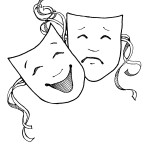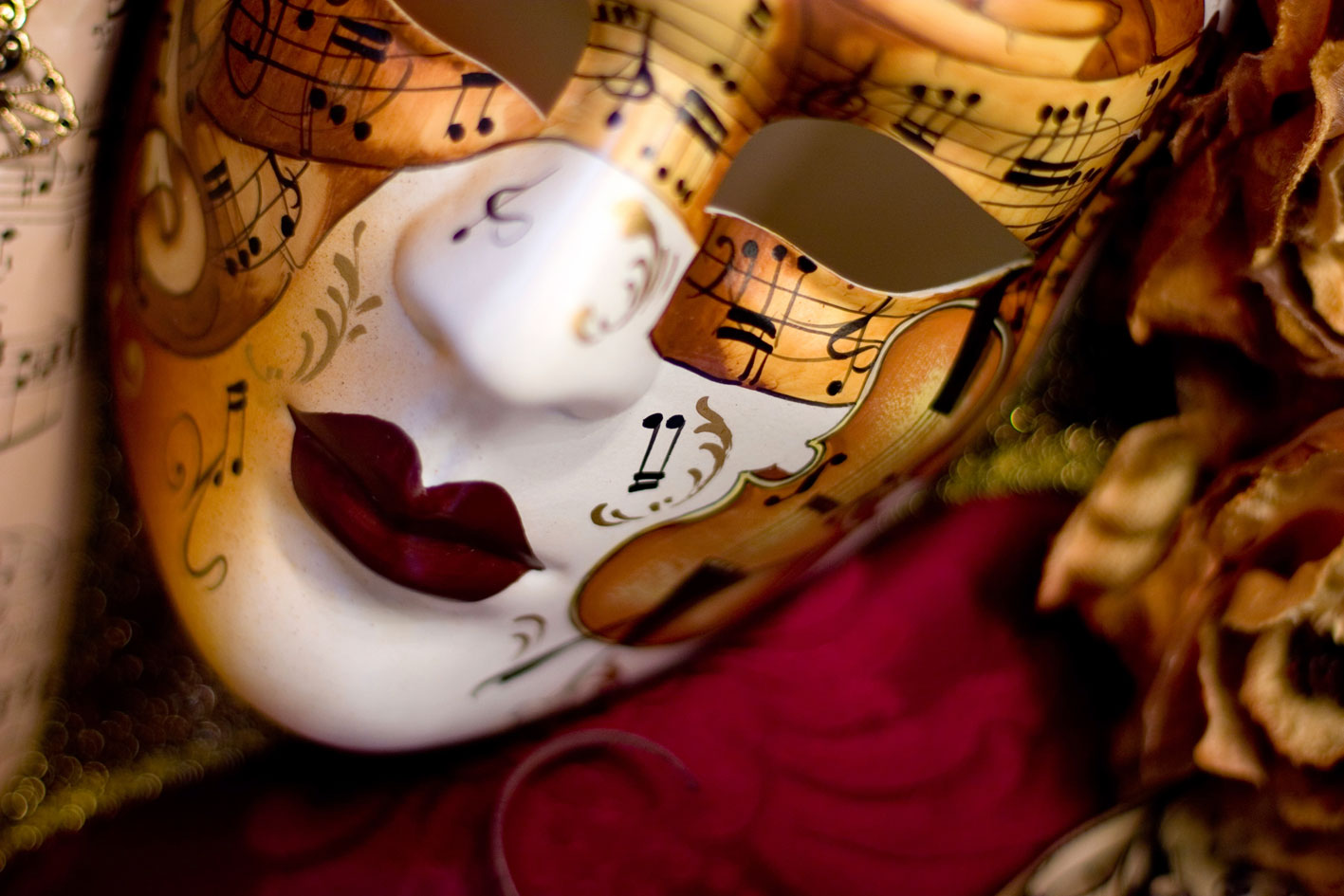Welcome back to Musique Nonstop, your guide to recognizing the beauty in all kinds of music, even if it’s made by a viking-hat-wearing, scary-looking woman.
With opera, comes pages and pages of never ending stereotypes. I know from experience that when people find out about my love for opera, they are, well, surprised, to say the least. It’s usually met with confusion, shock, or for lack of a better word…
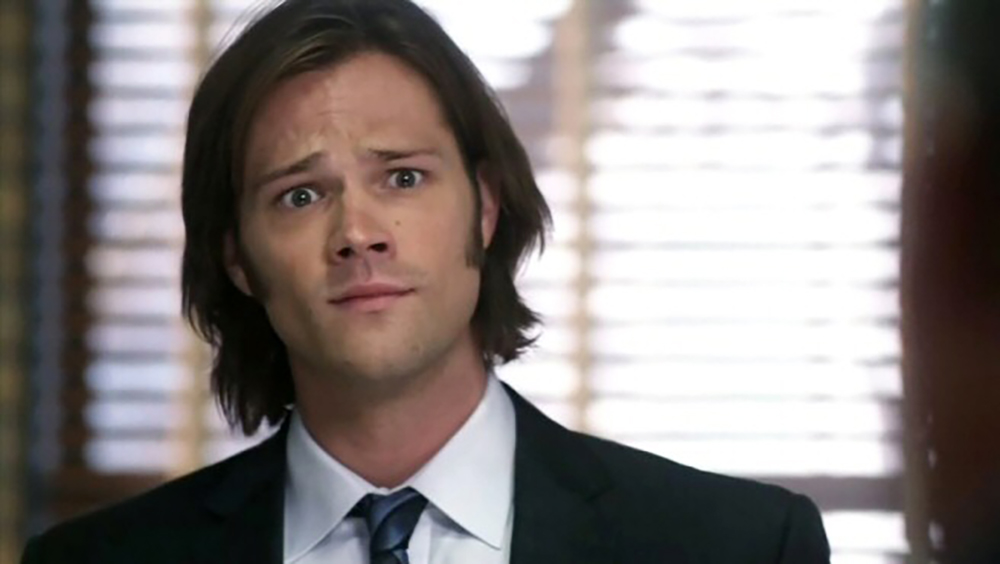
I’ve had others wince a little and ask “…why?” But the most common reaction is the forced “Good for you!” as if my interest only comes from a desire to be unique and different. Hmph!
There are also those people who think opera is an endless serial about this woman:
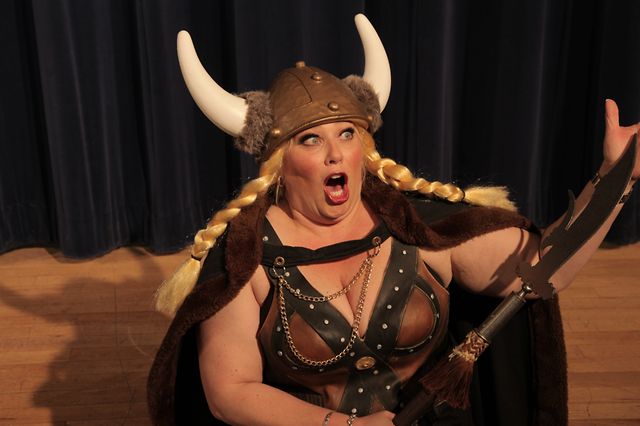
I can only ever shake my head sadly in reply.
When I was first planning my opera post at the beginning of the season, I pictured it more as being an ode to opera and all its glory. I was beyond ready to assure you that there is so much more to opera than incessantly loud high notes, and for the longest time, I couldn’t quite grasp why people are so reluctant to go to an opera. All the while I’ve been left baffled, thinking, “But opera’s got it all!” It’s got action, drama, romance, villains and con artists, murders. The operatic style is capable of driving one to tears or uproarious laughter. It’s dramatic, it’s extravagant, it’s irrational, and it’s utterly passionate. Cathartic, even. It can truly be the most powerful of artforms, and naturally, I was all ears to take a couple hours out of my day to succumb to such emotional manipulation just two Sundays ago.
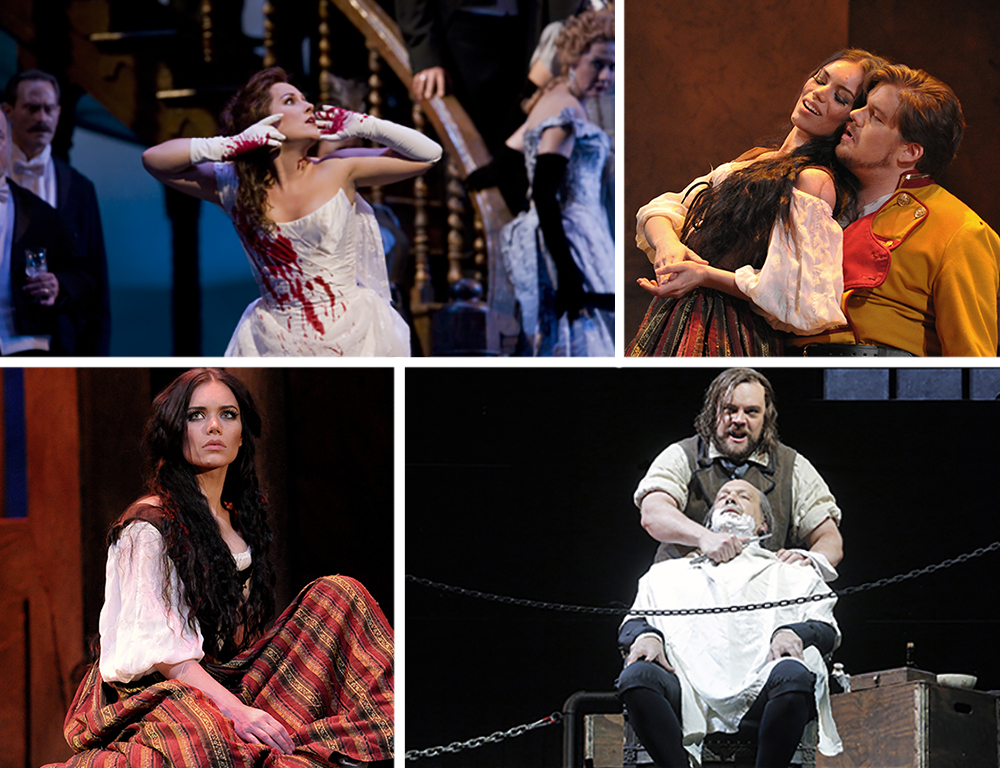
I’ve been to many operas in my lifetime, more than I can count, and never once have I witnessed a truly bad opera. No wonder, because the San Francisco Opera is great! They never cease to entertain, even if the composer of the opera is merely okay. But it wasn’t until two Sundays ago at Die Meistersinger by Richard Wagner that I realized that there really is such a thing as “bad opera,” and the possible reasons why people are turned off by opera in general.

There is no doubt Richard Wagner is a talented, innovative composer of the 19th century. However, he suffers from two issues: excessive length and lack of musical variation. This is unfortunate because Wagner’s operas tend to span anywhere between three to six hours, and thus patience is waning even for the opera aficionados. Typically, operas tend to range around the three-hour mark. Wagner has an obvious love for composing heavy, robust operatic anthems, which are impressive… when listened to for three or four minutes at a time. But as an entire five-hour opera? Even for me, it can be too overwhelming and incredibly hard to restrain myself from yawning. Wagner seems to not have learned from these mistakes in his other operas, but they especially don’t serve him in Die Meistersinger.
For my review of this Die Meistersinger production, let’s break down the performance into three basic elements: setting and plot, music quality, and performance.
SETTING/PLOT
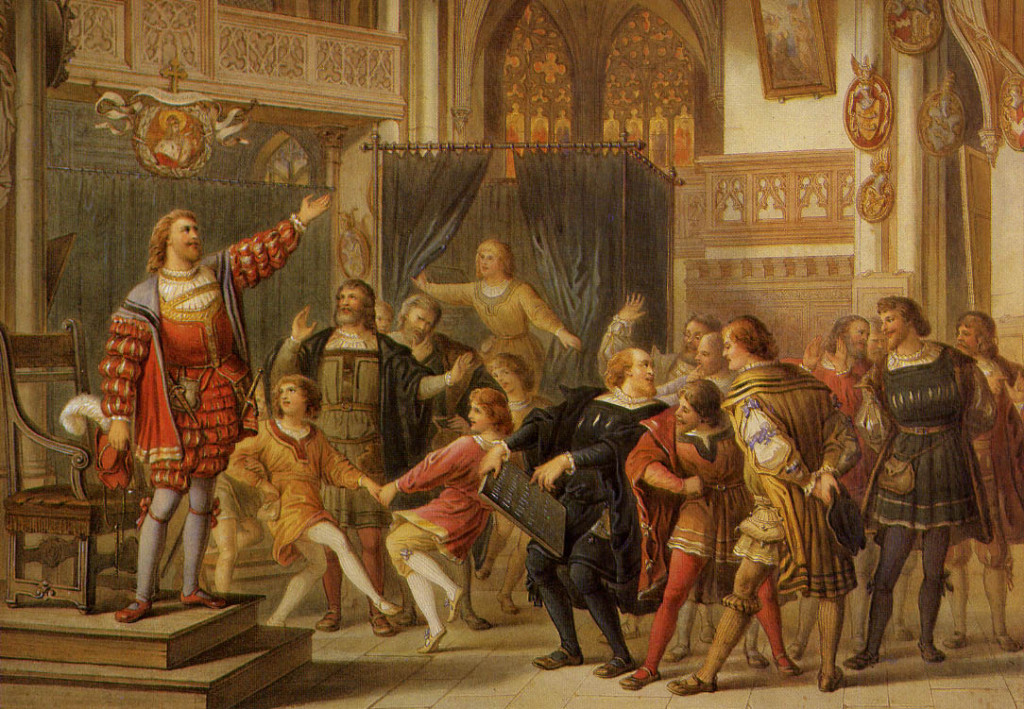
As for the setting and plot line of this opera, it was ehh. Die Meistersinger takes place in 19th century Nuremberg, Germany, and features several simple romances and comedic and relatable characters—it’s what I’d call an ordinary tale. This means no supernatural elements, con artists, or Gossip Girl scheming that I look forward to in many operas. Don’t get me wrong, there are plenty of operas that beautifully execute the “day in the life of (insert character name here)” plot but in a much shorter period of time. As an audience member, I don’t need to witness every waking hour of a character’s situation because it is the main snapshots that keep the story alive and moving. Thus, the five-hour length of Die Meistersinger does not serve Wagner well in this regard, and I was left feeling indifferent to the characters we were supposed to like. At least in Wagner’s other operas he has supernatural elements to spice them up!
The beautiful irony is that this opera is about trying to save the arts, among other things, and boy did it do a lousy job convincing us patrons of that! I couldn’t help thinking how there were probably opera newbies in the audience who were feeling less and less inclined to explore the genre further.
MUSIC QUALITY
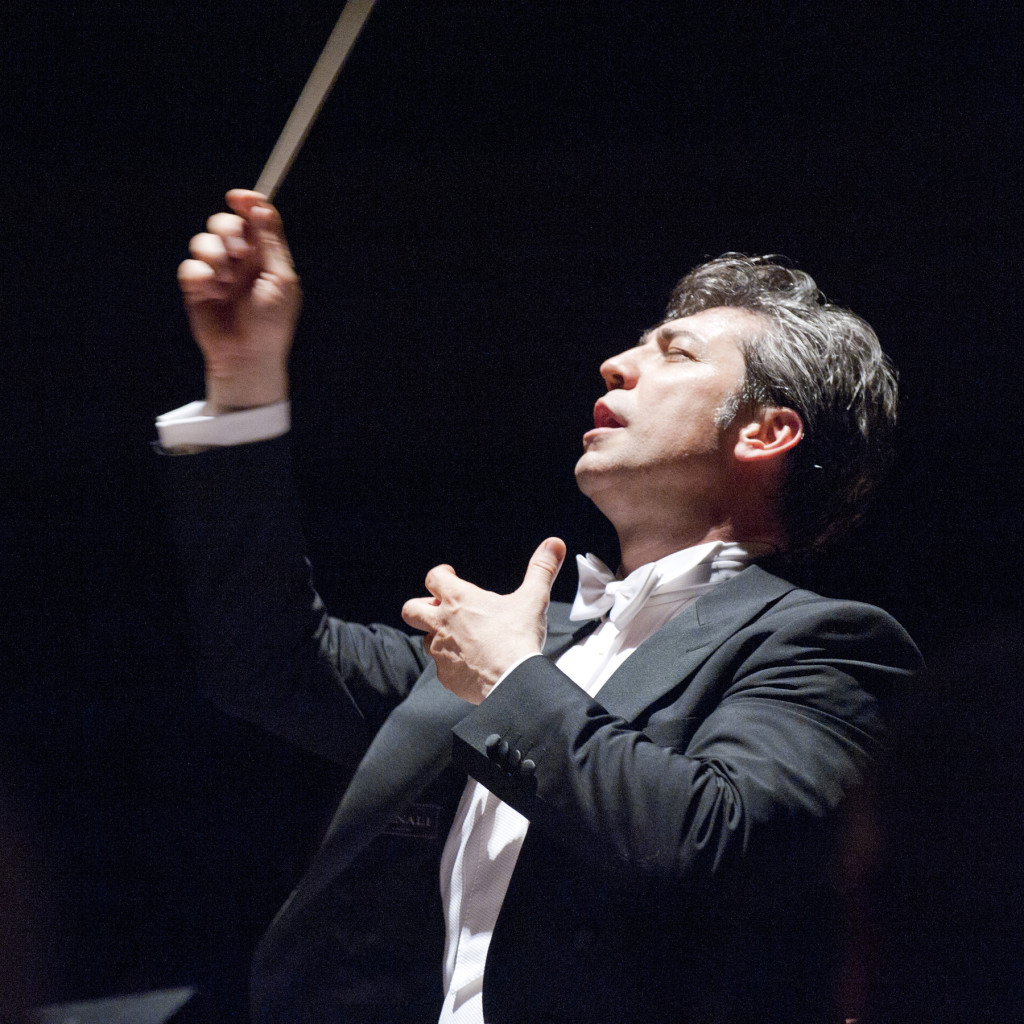
Secondly, opera needs great music! The music is what sets the tone of the opera and is the master of subtle emotional manipulation. The music can illustrate the suspense for both a good and a bad thing that is soon to happen, and what ultimately makes opera exciting. Good, audience-pleasing music is crucial to any successful opera. However, Wagner’s music wasn’t inspiring. In truth, there are a couple of great musical sections throughout Die Meistersinger, but compiled with the rest, the score was overall bland and repetitive. Not to mention, the first act was at least 45 minutes longer than it needed to be, and not enough was developing in the story for the first act to warrant 90 minutes of stagnant music.
There’s really not much more to say about the music except that unnecessary length KILLS. Quality over quantity, am I right?
PERFORMANCE
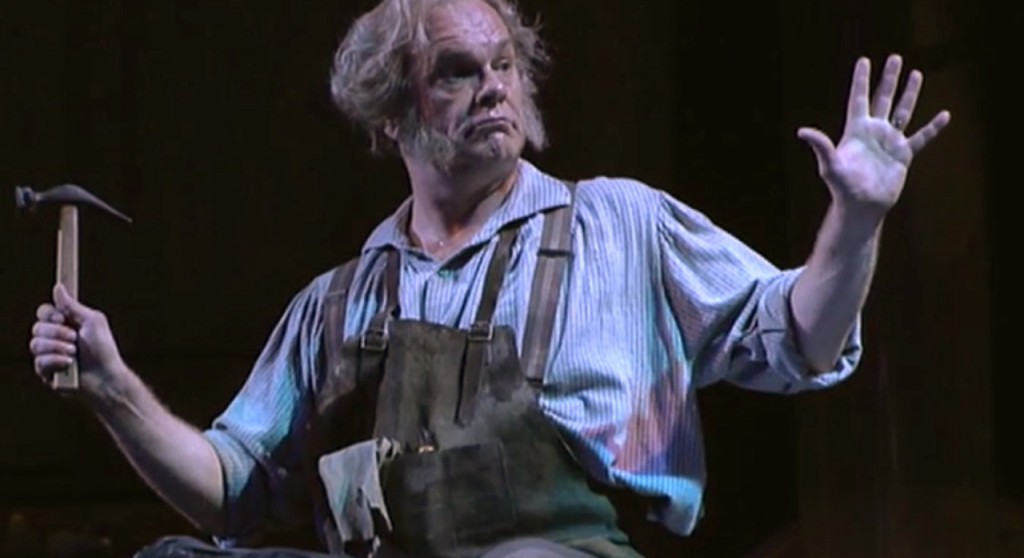
Thirdly, opera is an experience. As I talked about in my German lieder post, it’s true that no matter how boring the music is, it’s how the singers perform it that’s key. Afterall, the music itself is merely the framework, and it’s the performer who gives the music life (I still stand firmly by this view). Bearing that in mind, one would think that Wagnerian opera just needs a little something extra on the performers’ part to make the opera worthwhile, right? I wish it were that simple.
I do applaud the actors on stage because they put their best effort into trying to make this opera worthwhile, and stuck with it to the end. It’s draining to sing for five hours! The performance was well done, considering, with a beautiful stage set-up, costumes, and creative choreography that almost compensated for the fact that the music kind of sucked. If I were the director of this production, I wouldn’t know how else to make the opera more compelling, other than commissioning a condensed version.
I suppose it’s my duty to confess that I did not make it through to the very end of this opera. I walked out after the second act, and though I did have another commitment to get to, I was glad for the excuse. For those of you who have yet to experience opera in the flesh, I highly recommend you stray far away from Wagner until you have built proper stamina and bad opera immunity. I’d suggest seeing Carmen by Georges Bizet or some rendition of Faust first before making your judgements about opera as a whole. I’d be content even if all you’ve learned from this post is that vikings make their grand feature only a handful of times throughout opera history.
